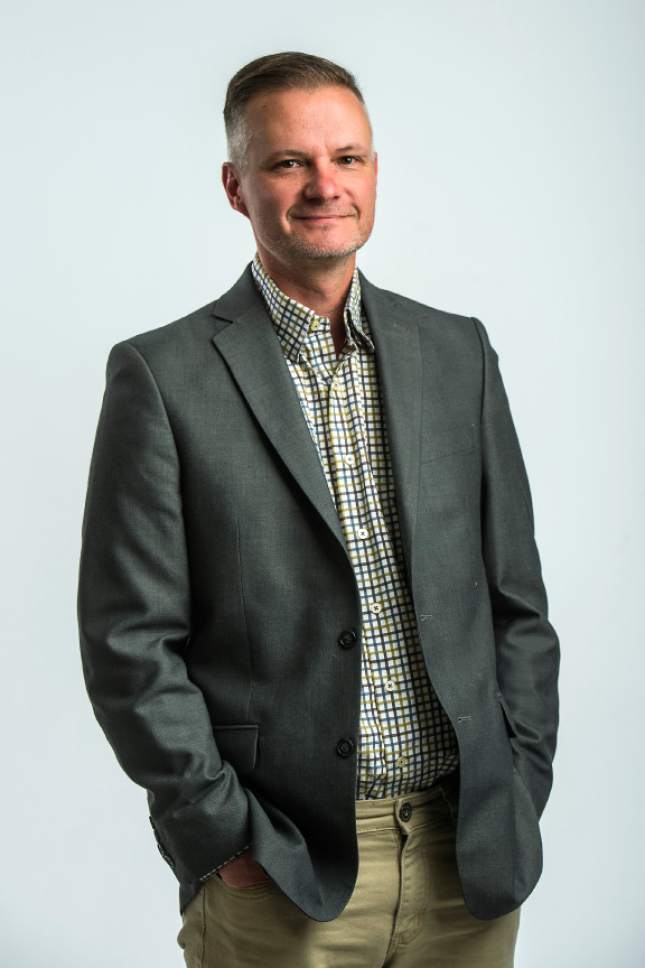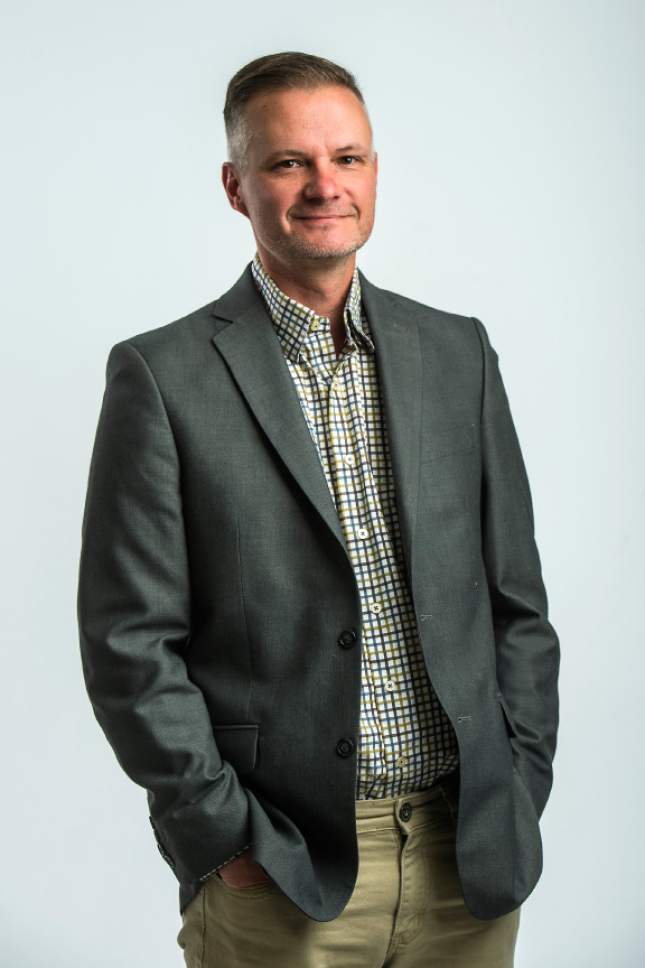This is an archived article that was published on sltrib.com in 2017, and information in the article may be outdated. It is provided only for personal research purposes and may not be reprinted.
You can't take politics out of politics, as we're witnessing in the maneuvering over how to pick a likely replacement to Rep. Jason Chaffetz.
The congressman is widely expected to resign from office, possibly within a few weeks, and Gov. Gary Herbert is getting intense pressure from legislative leaders and party officials to call a special session to create a process for filling the vacancy.
So far, the governor hasn't budged and has warned that lawmakers who have their eye on the congressional seat — and there are plenty of them — could use a special legislative session to game the system.
There is some merit to having the special session. Most fundamentally, the Legislature should make the laws and set the rules for an election. As it stands, the statute is vague.
While most elected officials in Utah are replaced by party delegates, the U.S. Constitution says House members have to be replaced through a special election. State law says the governor must call that election, but doesn't elaborate beyond that.
Having the Legislature and governor cooperatively lay down more specific rules would be nice. It would eliminate gray areas and could reduce the threat of litigation — already, the progressive group Alliance for a Better Utah has threatened to sue if the rules aren't clarified.
But at the end of the day, Herbert is also right that a special session is unnecessary.
We know what elections look like: Since the passage of SB54, candidates can go before the party delegates or gather signatures to get on the primary ballot. The winners of the party primaries advance to a general election, where the ultimate winner is decided.
And more likely than not, a special session would, at best, just muddy the waters, and at worst could disenfranchise tens of thousands of 3rd District voters.
The reason is that there is no agreement between the House and Senate on how a special election should be conducted.
During the legislative session earlier this year, lawmakers — prompted by the possibility that Rep. Chris Stewart could be appointed to lead the Air Force (he wasn't) — tried to work out the specifics of how he would be replaced.
The Senate unanimously supported holding a full election cycle, including the convention, the signature gathering, the primaries and the general election.
House members, because of their lingering bad blood toward SB54 and the signature-gathering path to the ballot, overwhelmingly voted to give power to the party and let the delegates decide whom the nominee should be.
Unable to break the impasse, the bill died and the law remains vague.
While the House proposal would streamline the process and shorten the vacancy, it would also invest tremendous power in the hands of several hundred of the most strident partisans.
On the Republican side, a thousand delegates would decide the party's nominee. The ultimate winner would need, at most, just 501 votes.
Because the 3rd District is the 16th most conservative in the country, with the GOP holding a 25-point advantage, those 501 delegates would in essence choose who represents some 750,000 Utahns in Congress.
Poll after poll has shown the Republican delegates are far outside of Utah's mainstream. They are, as a whole, stridently conservative, overwhelmingly male and almost universally white.
And you think Herbert doesn't recognize the risk in turning the decision over to that group?
Keep in mind his own recent experience with GOP delegates. Not long after being booed at the Utah County convention, Herbert came within 167 votes of being run out of office at the state convention, a close call for a governor who consistently has one of the nation's highest approval ratings.
Herbert had gathered the signatures to assure himself a primary slot, and he trounced his opponent in the primary, but you can see why he might not be keen on letting those same ideologues pick the next congresswoman or congressman.
There is also considerable risk in letting Republican lawmakers make the rules for their own election. House Speaker Greg Hughes, perhaps the greatest proponent of the special session, has his eye on Chaffetz's seat, as well as Sen. Deidre Henderson, Sen. Dan Hemmert and possibly Rep. Dan McCay.
Even if their motivations are pure, fiddling with the rules now, at a minimum, gives the appearance they are, as Herbert put it, gaming the system.
Senate President Wayne Niederhauser said Monday through a spokesman that he'd support a special session, as long as there is some agreement between the House and Senate on what the special election should look like.
I'd go a step further and say that a special session makes sense only if there is agreement AND that agreement includes a signature path to the ballot.
If not, then Herbert should stick to his guns, leave the Legislature on the sideline, and let voters' voices be heard in selecting their next member of Congress.
gehrke@sltrib.com Twitter: @RobertGehrke





